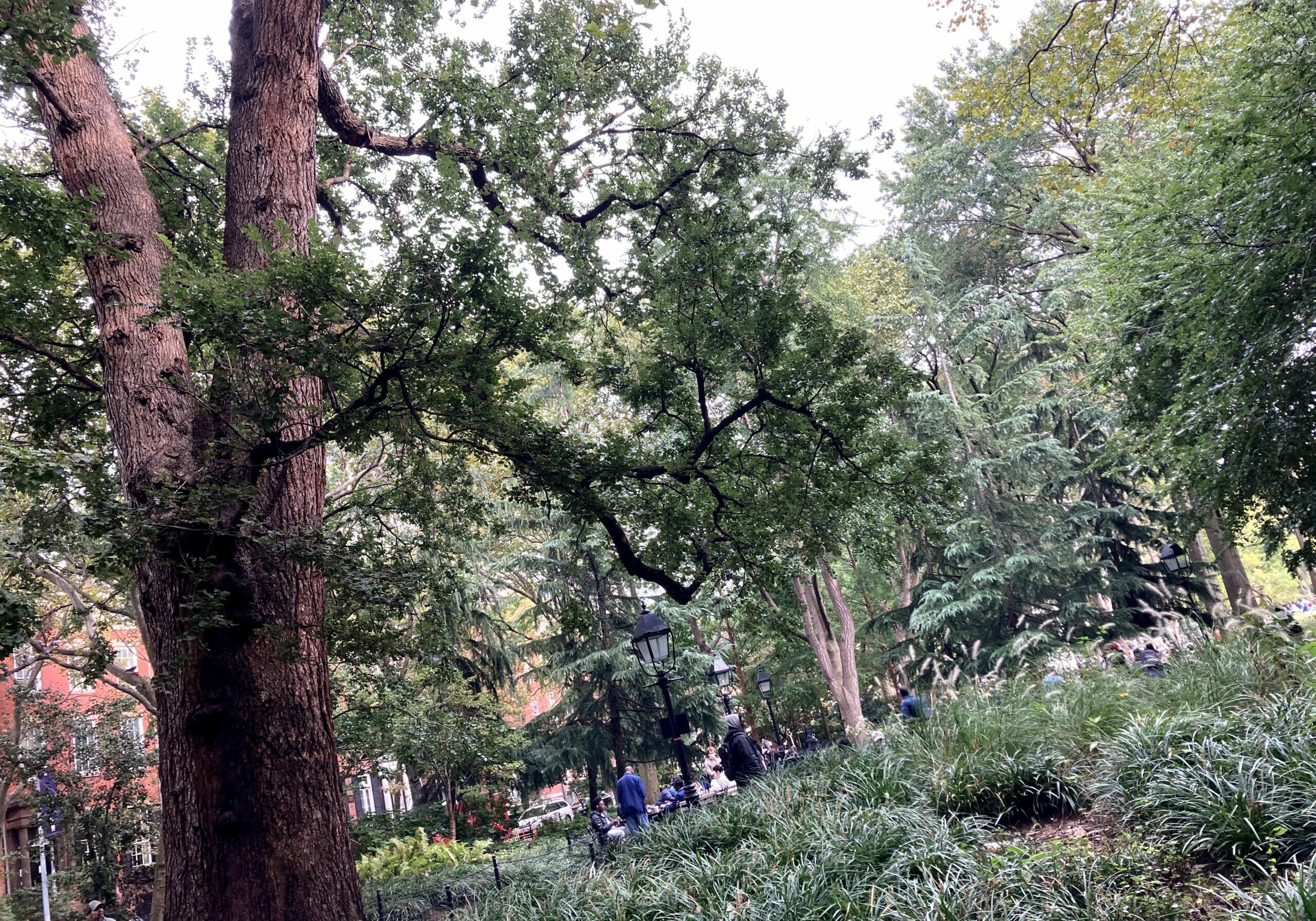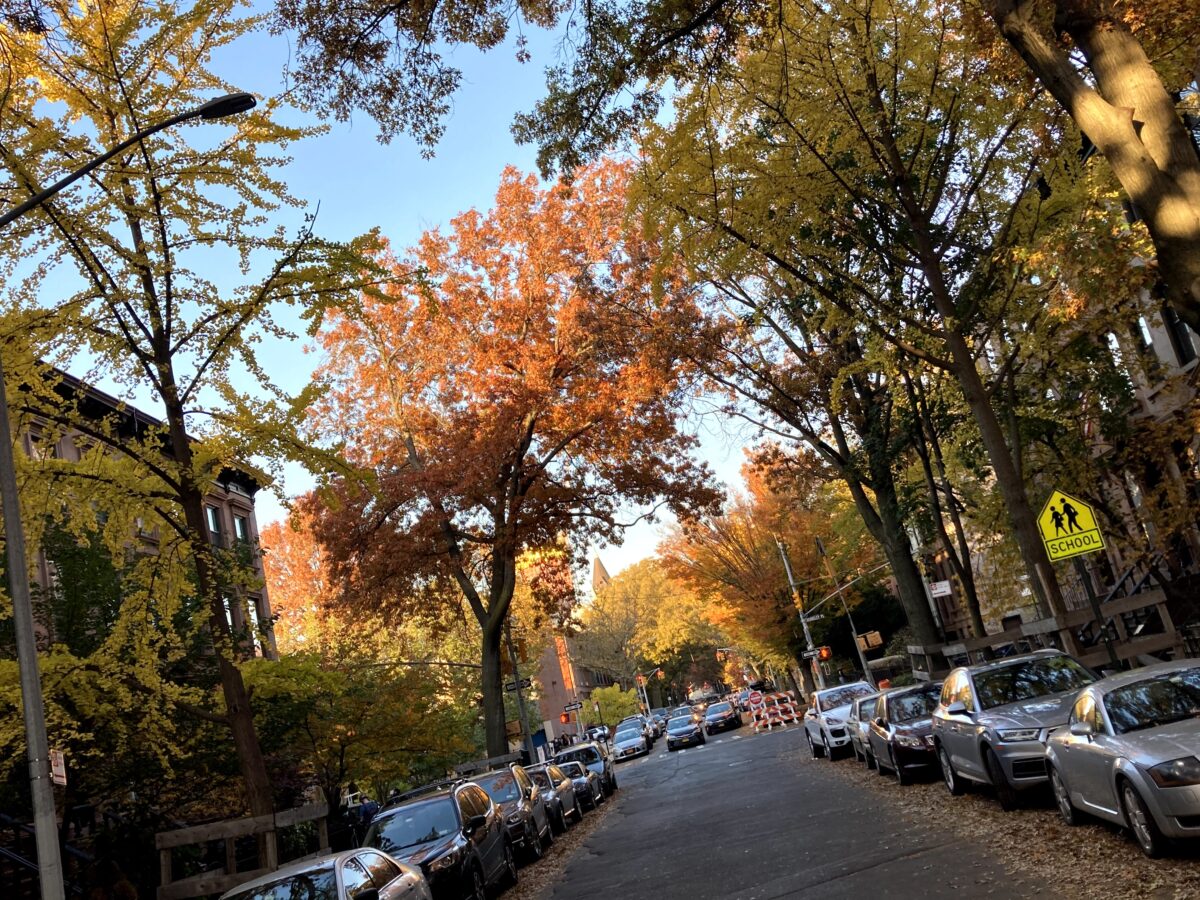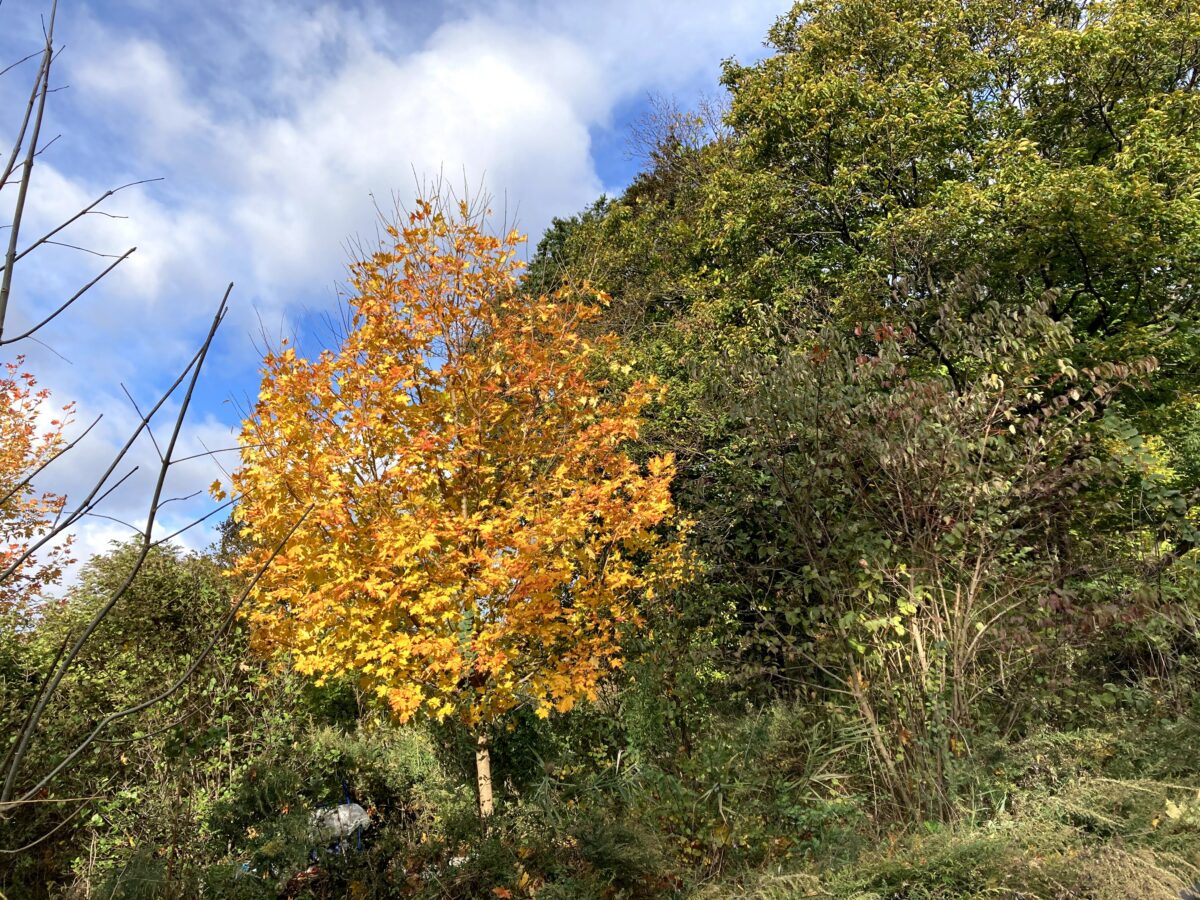June 11, 2024
Science isn’t god, but it ain’t the devil either

I was reading the one star reviews of a wonderful book I recently finished.
The most common criticism was about poor scholarship. Readers said the author lacked relevant credentials, and didn’t include enough research citations to back up his points. Multiple book reviewers also protested how there was zero information on the author’s education a level, and that the writer was a fraud and not to be trusted.
Now, if I had a magic wand, I would sit down with each and every one these one star reviewers and ask them the same question.
What would have been enough to convince you? Seriously, give me a hard number. I want to know the minimum amount of citations that would have satisfied their reader requirements for a trustworthy text. Ten studies? Fifty research papers? A hundred citations?
And by the way, which advanced degree would have sufficed for proper scholarship? Masters level? Or full doctorate?
Nobody would be able to give me a number. Because they don’t actually want the science, they want a reason to be angry at the world. Those are the kinds of people who leave one star reviews. Assholes. People for whom there is no amount of proof to convince them they’re wrong.
Besides, just because someone is a scientist doesn’t mean they necessarily know what they’re talking about and should be trusted. Academic credentials or research experience are not the sole guarantor of expertise.
Science is conducted by humans and institutions, both of which are flawed and vulnerable to corruption, blind spots, groupthink and biases. Coke famously got into trouble by secretly funding a scientific organization that claimed citizens were getting fatter because of their lack of physical fitness, not sugary drinks. The study got debunked because it was commissioned by biased corporate inventors that were focused on getting a particular outcome.
Truth is, the beverage giant was struggling to stop a domestic decline in sales of its carbonated soft drinks at the time, so this study was the perfect scientific strategy to hijack the narrative and cause confusion.
When I first learned about this scandal, I wasn’t surprised in the least. I used to work for an ad agency, and when we did our due diligence for client campaigns, we’d come across research like this all the time. And our boss always warned us to find out who funded the study before presenting to the client.
You never know. While most scientific research is conducted with integrity, conflicts of interest arise. Hidden funding sources and biased research exist. It’s hard to tell which special interest groups have a stake in a particular research outcome, and therefore influence the study’s design, interpretation, or reporting.
The irony is, questioning science is the most scientific thing we can do. Science is not the answer, it is the hunt for answers. It’s simply our current best method of understanding the world, assuming something better might come along.
Because paradigms shift. Understanding deepens. Ideas evolve.
There is no such thing as, “the science.”
It’s ever changing. Humans are at the infancy of our understanding.
Before the nineteenth century, most scientists still believed that the earth was six thousand years old. We now know our planet is four and a half billion years old, a number was calculated based on radiometric dating.
A few centuries from now, that data might be proven wrong too.
So there’s a balance. Science isn’t god, but it ain’t the devil either. We should value the pursuit of knowledge, but we should also not treat anyone or anything, including science, as the infallible authority on what is right and good.
Remember, extremes in anything accomplish nothing. And so, if we’ve already decided that we believe or don’t believe something, then no amount of evidence is going to convince us otherwise.
Thankfully, the journey of being human doesn’t require us to give a certain number of stars in our review.
Sometimes just reading the book of life enough.
What’s the one thing you have been taught not to question?

